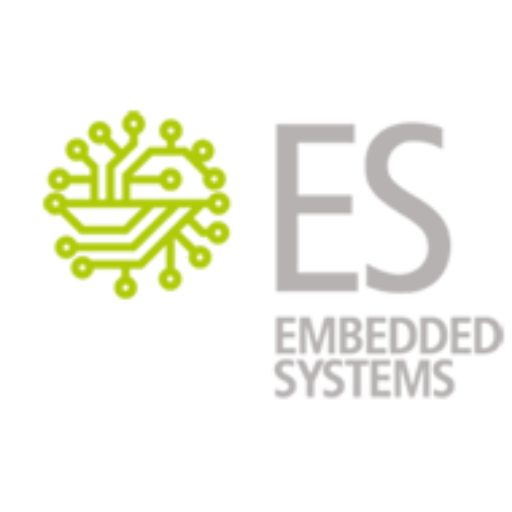TRITon is a research and innovation project funded by the project members and the Autonomous Province of Trento (Provincia Autonoma di Trento, PAT) aimed at advancing the state of the art in the management of road tunnels, specifically to improve safety and reduce energy costs. To achieve these goals, TRITon will merge research on state-of-the-art technology into the established practices of road tunnel infrastructures, supported by project members that include local research centers and companies working in the field.
An example application, central in TRITon, is adaptive lighting. In current deployments, the light intensity inside the tunnel is typically regulated based on design parameters and the current date and time, and regardless of the actual environmental conditions. As it can be experienced when driving through a road tunnel too bright or too dark, this potentially determines a waste of energy, as well as a potential safety hazard. In TRITon, the light intensity inside the tunnel will instead be regulated through a wireless sensor network (WSN). This will relay sensed light information to the control station, which will exploit such information for fine-grained adaptation to environmental condition, significantly reducing costs and improving safety. A dedicated laboratory has been established to support TRITon’s research and development activities. However, to bring state-of-the-art research and technology like WSN into road tunnel management, the traditional lab-centered research is not sufficient. Indeed, TRITon will transfer its results in real test-sites, four operational tunnels on road SS 45bis near Trento. This will provide not only the ultimate test for the project outcomes, but also a direct and measurable benefit to the local population.
TRITon – Trentino Research and Innovation for Tunnel mONitoring
Consistently ranked among the top Italian universities, the University of Trento participates primarily through the Dipartimento di Ingegneria e Scienza dell'Informazione (DISI), which is also leading the research and development activities of TRITon. The contribution of UNITN will be in the fields of hardware, software, and communication platforms for wireless sensor networks, multimedia, networking, data management, and intelligent optimization, as well as in modeling the interaction between ventilation and pollutant propagation.
The Center for Scientific and Technological Research (FBK-irst) is part of Fondazione Bruno Kessler, formerly Istituto Trentino di Cultura (ITC-irst). Founded in 1976, the center conducts research in the areas of Information Technologies, Microsystems, and Physical Chemistry of Surfaces and Interfaces. Today, FBK-irst is an internationally recognized research center with a budget of 20 million euros. In TRITon, it will bring expertise on middleware and routing protocols for wireless sensor networks.
Established in 2003 by some of the most prestigious universities and research centers in Europe, including FBK and University of Trento, CREATE-NET's objective is to sponsor the highest quality research and innovation, and help convert talent and human capital into patents and start-ups for promoting European high-tech competitiveness, with the aim of building a global platform of scientific collaboration and experimentation in communications-driven technologies and applications. CREATE-NET's contribution to TRITon is in security, networking and multimedia.
The company operates in the domain of remote monitoring, supervision, and automation of complex infrastructures, such as water depurators and road tunnels. In the context of TRITon, Heidi will provide expertise and software platforms supporting the operational processes related to road tunnel management.
Siemens is a global powerhouse in electrical engineering and electronics. The company has around 400,000 employees working to develop and manufacture products, design and install complex systems and projects, and tailor a wide range of services for individual requirements. Siemens provides innovative technologies and comprehensive know-how to benefit customers in over 190 countries. Founded more than 160 years ago, the company focuses on the areas of Information and Communications, Automation and Control, Power, Transportation, Medical, and Lighting.
In the context of TRITon, it will provide the design and the devices needed for the basic infrastructure of the tunnel, as well as develop and integrate the innovative control logic exploiting the research prototypes.
